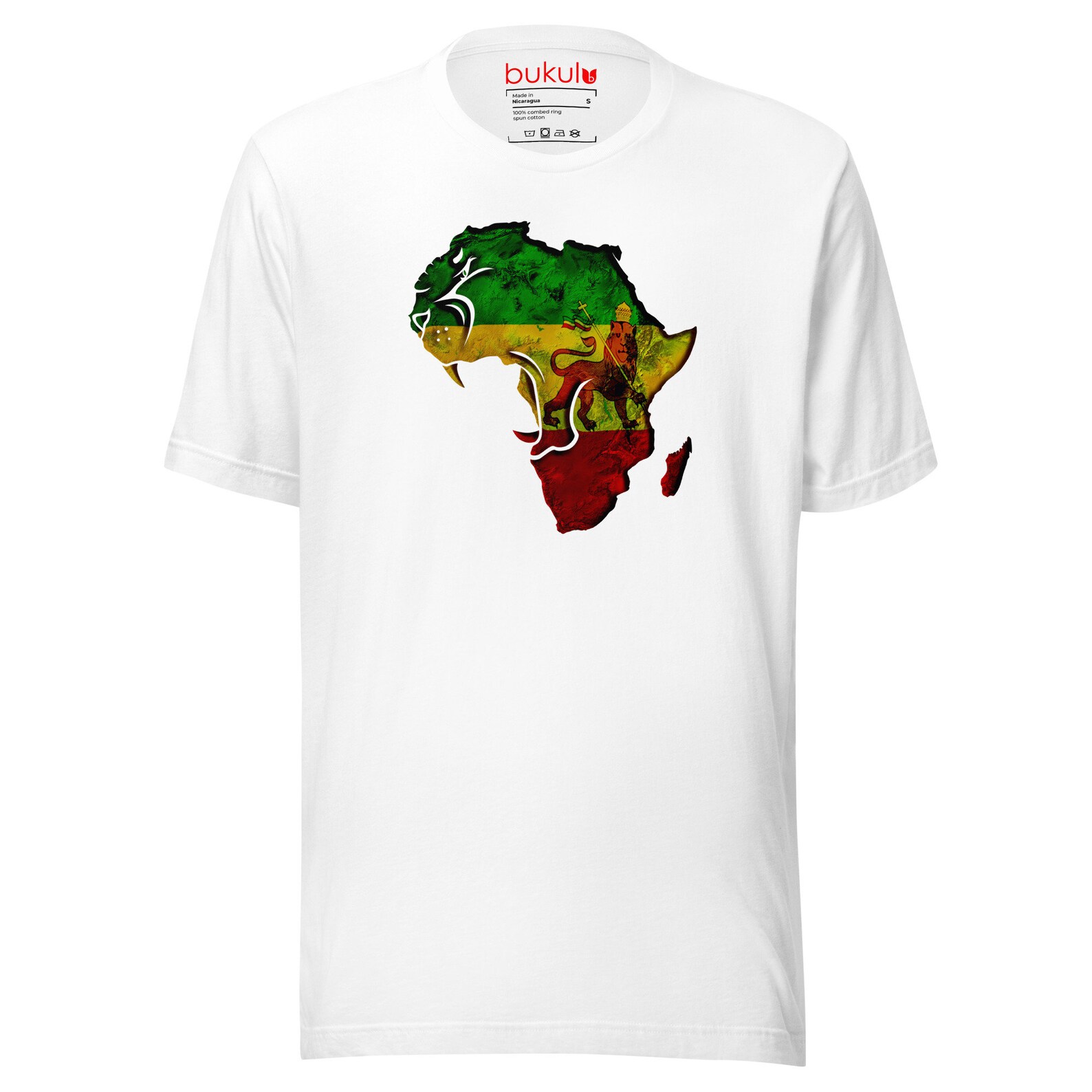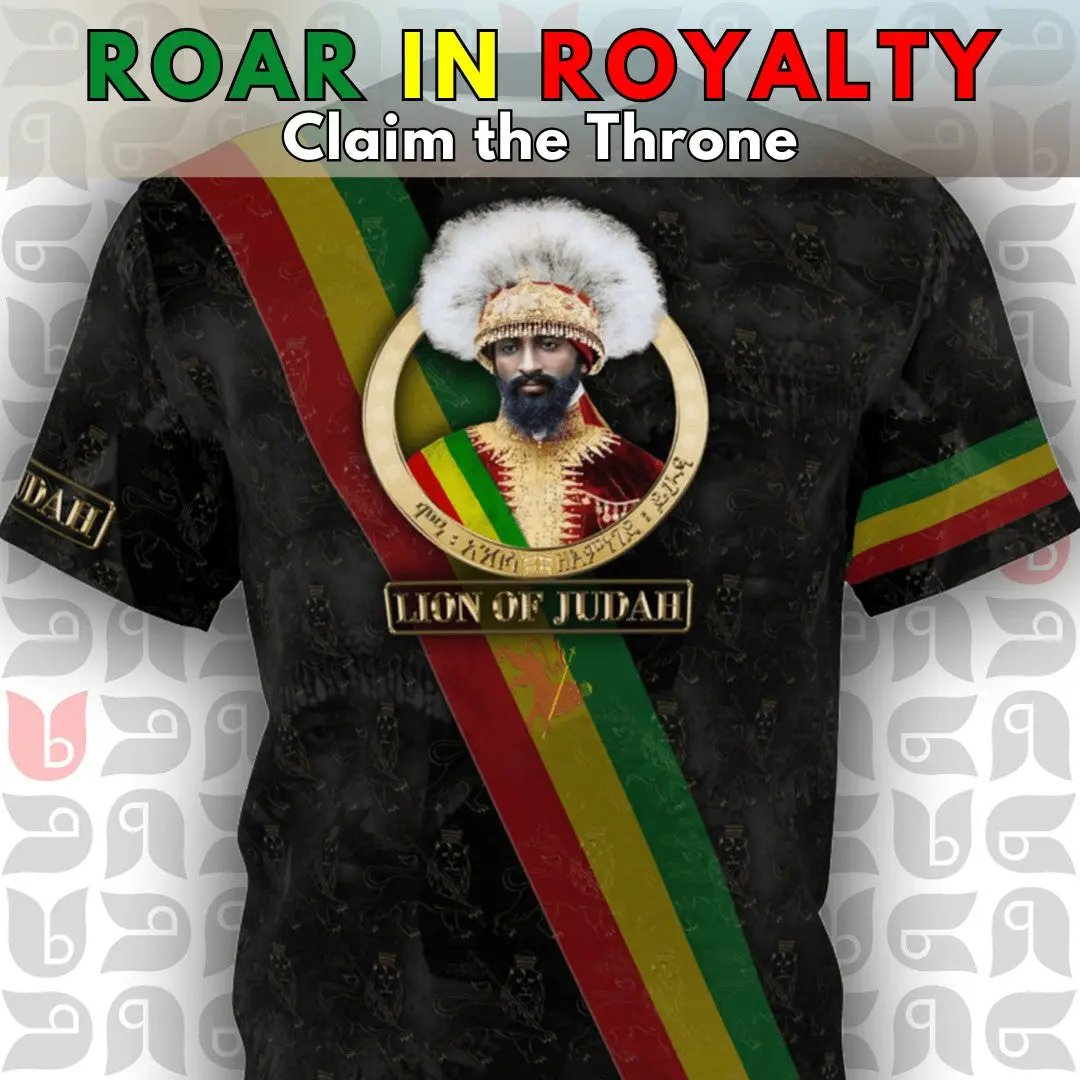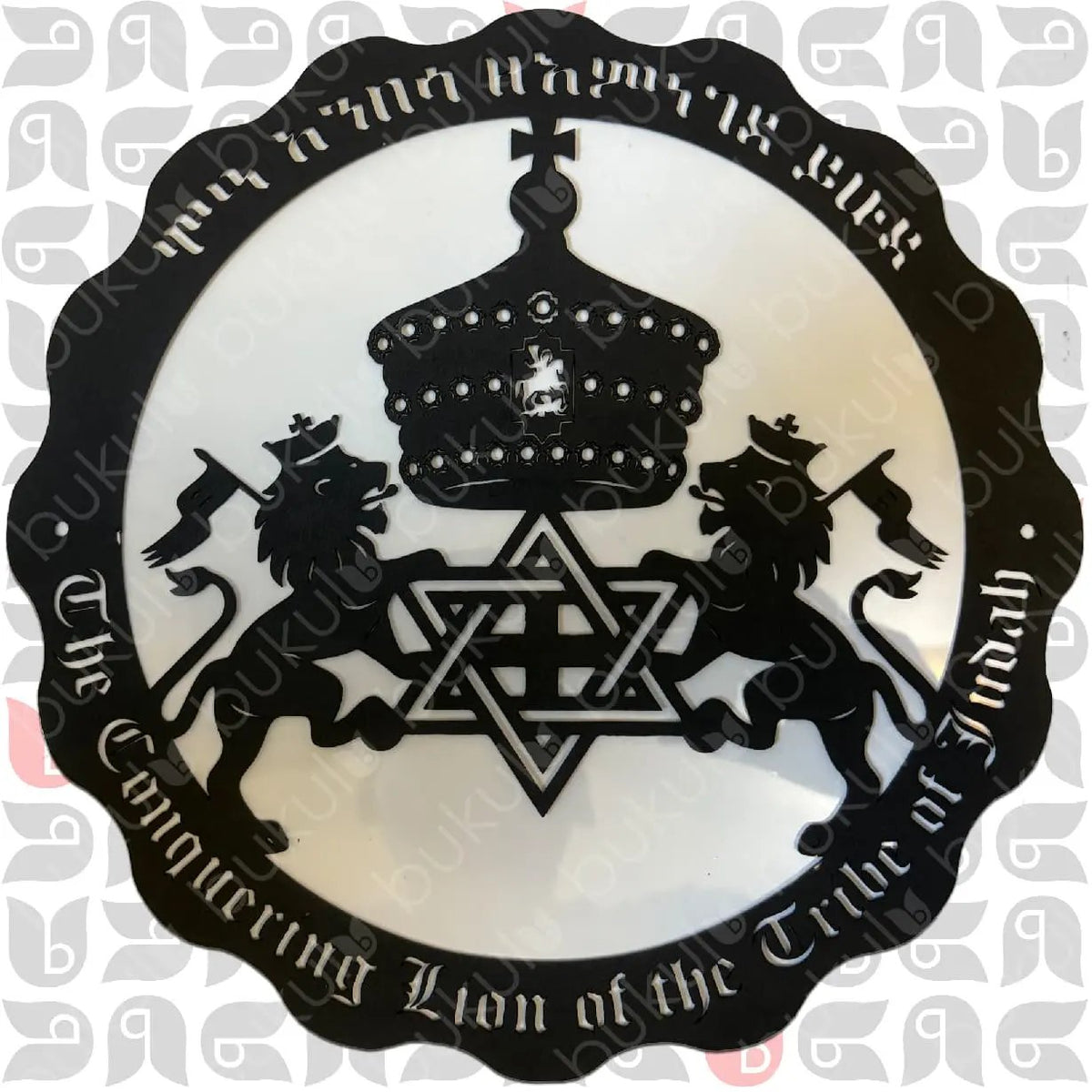Emperor Haile Selassie I of Ethiopia stands as a monumental figure not only in the history of his country but also across Africa for his forward-thinking vision, particularly concerning African unity and independence. His efforts and ideologies remain profoundly relevant today as we explore the ongoing impacts of his vision on the continent's political, social, and economic landscapes.
Haile Selassie's Role in the Fight Against Colonialism

Haile Selassie was an ardent opponent of Colonialism, having witnessed firsthand the devastation it brought during the Italian War. His leadership during the conflict and subsequent speeches at global forums like the United Nations highlighted the need for sovereignty and self-governance in African nations. His resistance against Italian invasion not only inspired Ethiopian national pride but also ignited a continent-wide call for liberation, setting the stage for the post-colonial governance that would follow decades later.
Founding the African Union
One of Haile Selassie's most enduring legacies is his role in founding the Organization of African Unity (OAU), now known as the African Union (AU). His vision for a united Africa, capable of self-determination and free from foreign domination, was revolutionary. The OAU was established in 1963 in Addis Ababa, and Haile Selassie's pivotal role in its formation cemented his reputation as a pan-African leader. The organization's mission to promote unity and solidarity among African states continues to resonate today, guiding the AU's efforts in addressing socio-economic and political challenges on the continent.
Haile Selassie’s Diplomatic Influence at the United Nations
Haile Selassie's contributions to global diplomacy are highlighted by his active participation in the United Nations. His speeches often addressed issues beyond the confines of Africa, advocating for global peace and cooperation. His famed 1963 address, which inspired the lyrics of Bob Marley's song "War," spoke against the ills of racial discrimination and inequality, resonating globally and further establishing his stature as a spokesperson for justice and humanity.
Conclusion
The modern relevance of Haile Selassie’s vision is unmistakable. His proactive stance against Colonialism, foundational role in the creation of the African Union, and influential speeches at the United Nations have left an indelible mark that continues to influence African politics and civil movements. As Africa navigates contemporary challenges, the principles of unity, self-determination, and pan-African solidarity championed by Haile Selassie offer timeless guidance. His legacy is not just in the annals of history but in the ongoing narrative of Africa's journey towards self-realization and empowerment.




0 comments